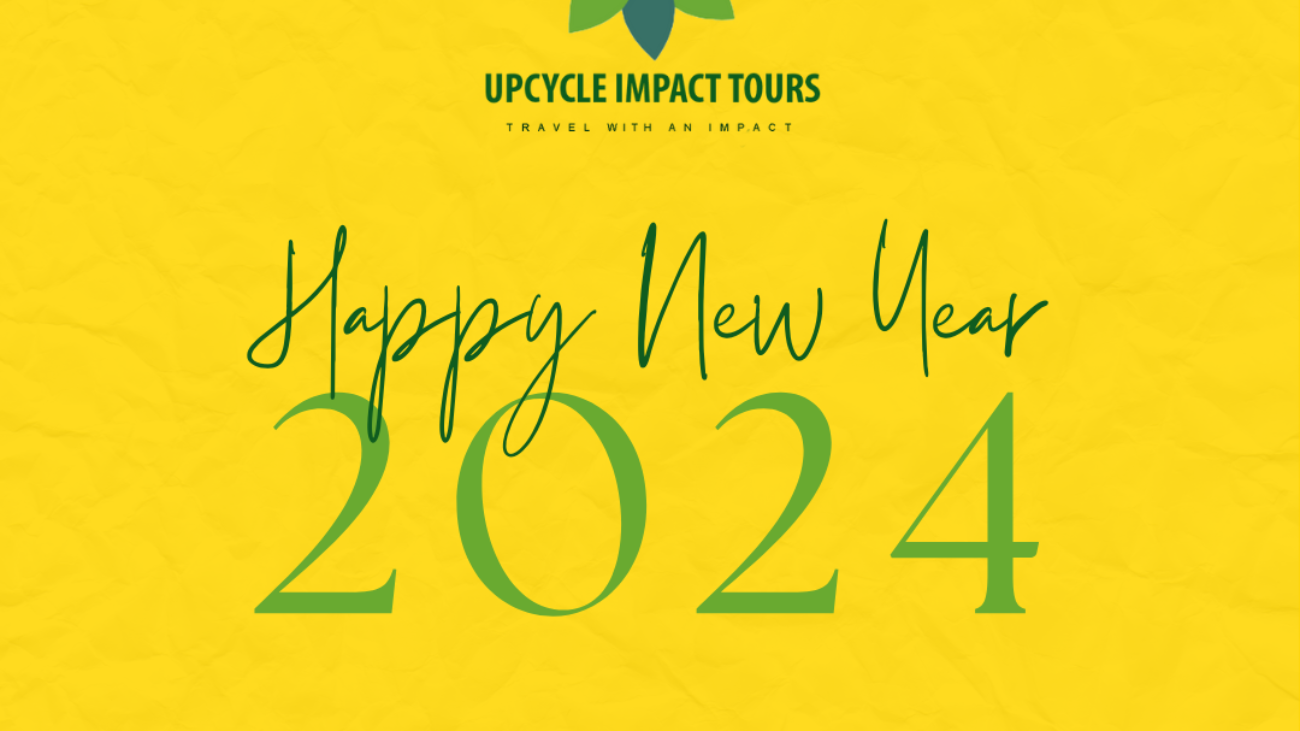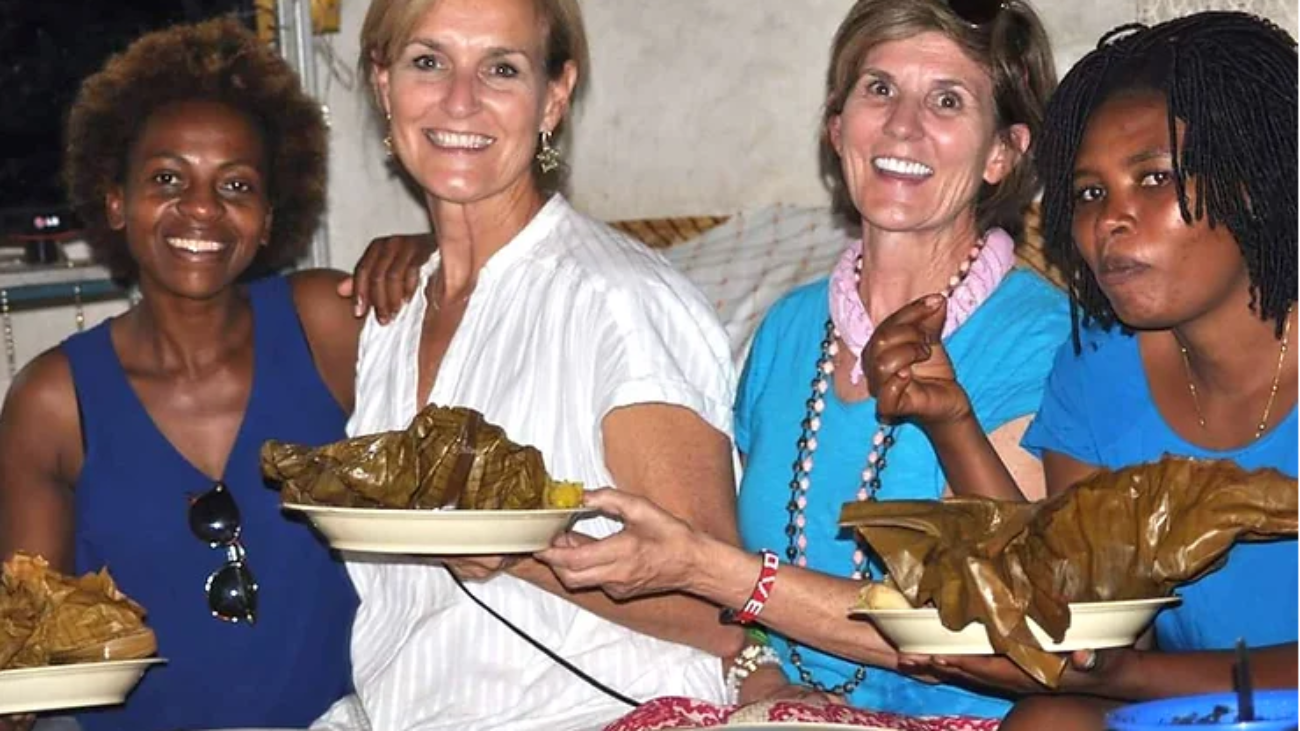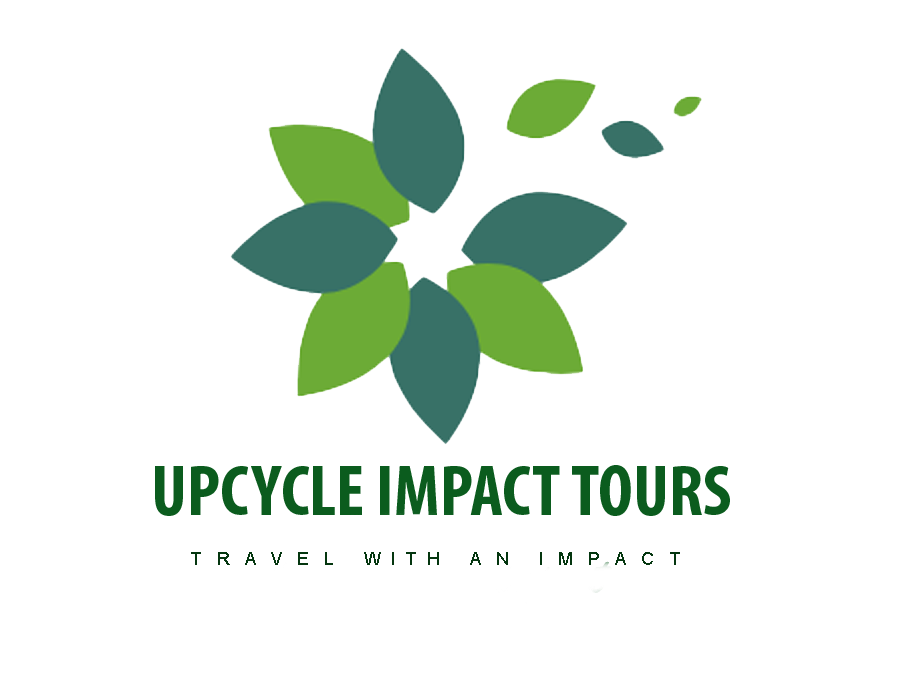When news broke that two men were sentenced to over four years in prison for cutting down the iconic Sycamore Gap tree in northern England, conservationists around the world paused. Not because the punishment was too harsh, but because it signaled a rare moment of environmental justice where nature truly mattered in the eyes of the law.
The question we must ask is this: Could such a landmark legal precedent ever occur in Africa? In Uganda?
Across Uganda, we are home to irreplaceable biodiversity treasures from the mystical Mabamba Wetland, sanctuary to the endangered Shoebill stork, to the shrinking Mpanga Forest in Mpigi District and other natural forests including the extinction of Mabira Forests, which shelters the Uganda Mangabey and red-tailed monkeys. Yet these critical ecosystems are under persistent threat. Wetland encroachment, illegal logging, charcoal burning, and unsanctioned land clearing continue almost unchecked.
Despite Uganda’s legal frameworks such as the National Environment Act and Wetlands Policy, enforcement remains grossly underfunded and inconsistently applied. The penalties for destroying forest reserves or wetland ecosystems rarely exceed a fine or a night in a cell. We have normalized destruction, masked as development.
Imagine if someone felled a solitary, iconic fig tree at the heart of Mpanga Forest or Nakayima tree, Boma Hill-Mubende Uganda. Would the perpetrators be traced, arrested, charged, and sentenced within months? Would the community cry foul, or would silence prevail as bulldozers roar?
This moment from England is not just about a tree. It’s a global wake-up call. Environmental destruction, whether of a single tree or an entire forest, must be met with swift, symbolic, and systemic action. Justice for nature must become a shared standard, not a Western exception.
Uganda needs stronger institutional will, environmental courts empowered to act, and public awareness campaigns that place value on our natural heritage. Only then can we prevent the next Mabamba from becoming a memory or Mpanga from turning into a myth.
Nature is not a renewable icon. Once it’s gone, so is the legacy. Let this story fuel our resolve.











